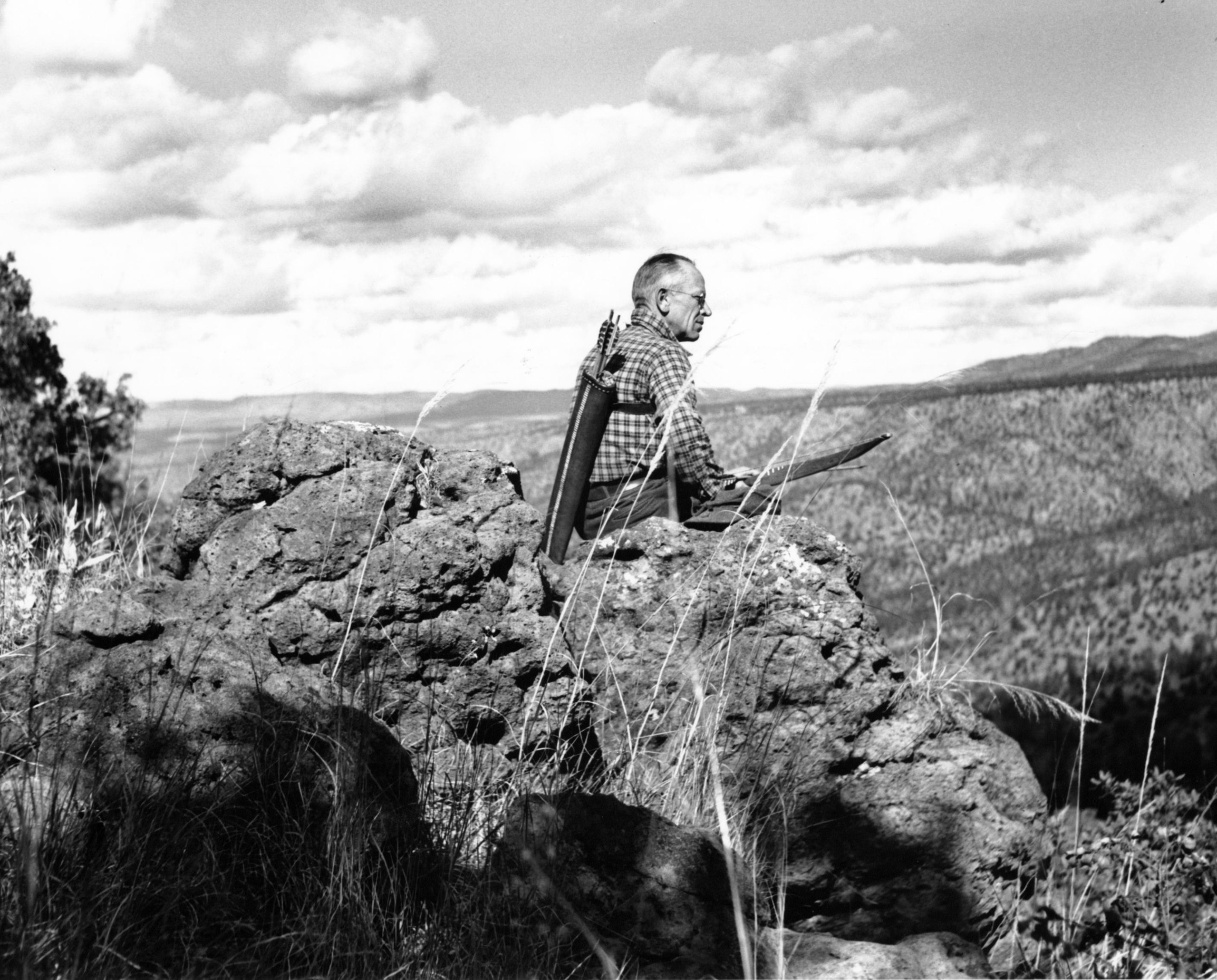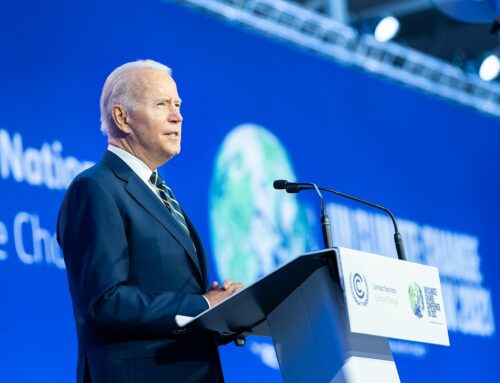by Greg Walcher, E&E Legal Senior Policy Fellow
As appearing in the Daily Sentinel
Generations of Christian worshipers, and even atheist historians, have admired the Apostle Paul, for his consistent philosophical advice, his remarkable writing skill and of course his willingness to undergo imprisonment, torture and death for his views. Yet writers frequently lament the fact that people admire him, while paying little attention to his teachings.
That is a consistent theme throughout history. In more modern times, think of the decades Ghandi spent leading the Hindu nationalist movement in India, and teaching the effectiveness of non-violence, only to be gunned down by a fellow Hindu nationalist. Or the irony of Americans making Martin Luther King’s birthday a national holiday, while ignoring his preaching about treating all people equally. I think it is also true of the great leaders of the conservation movement, people we honor — as long as we don’t have to spend time studying them.






